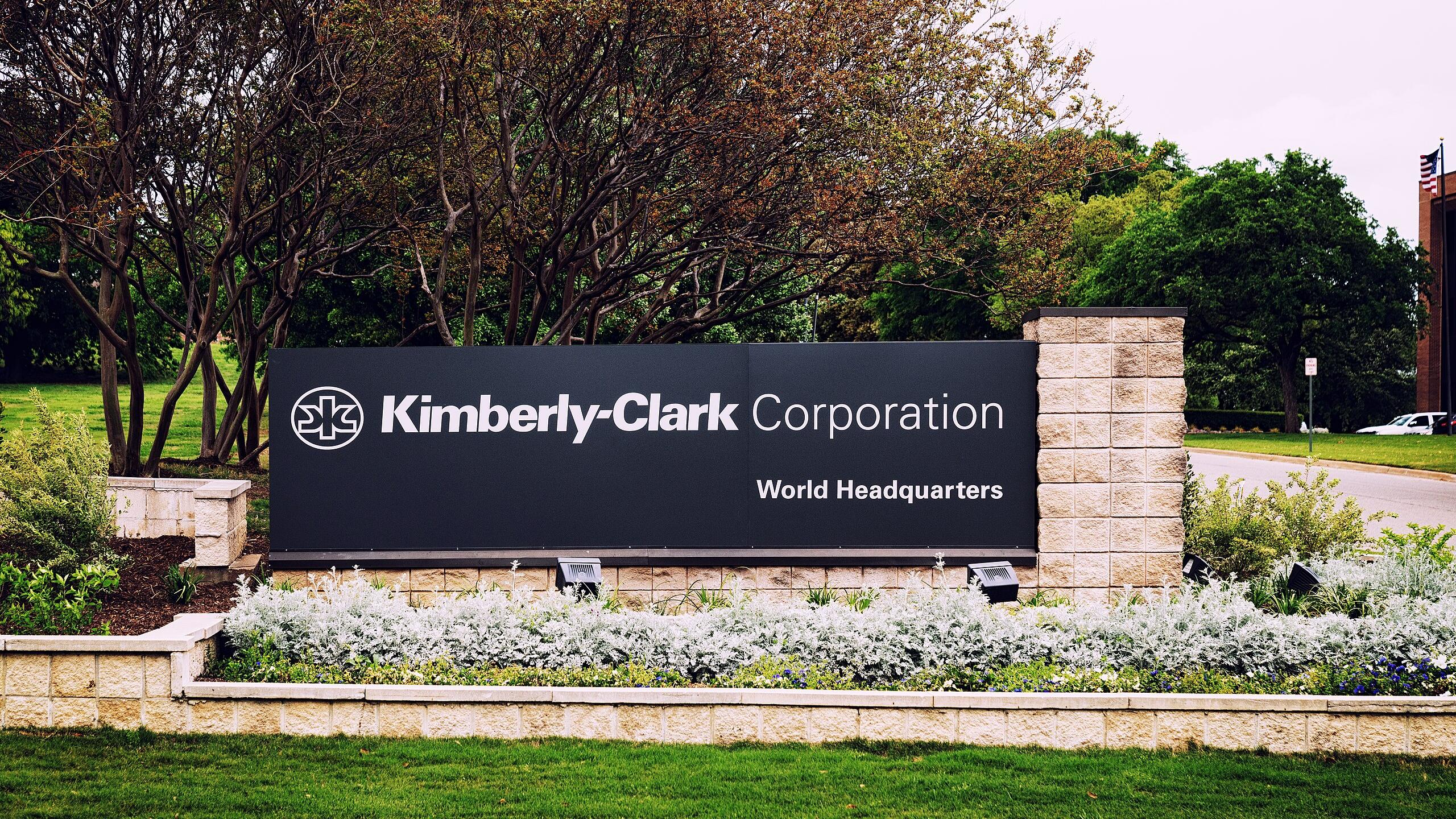Kleenex and Huggies maker Kimberly-Clark has announced plans to acquire Kenvue, the beleaguered consumer health conglomerate behind Tylenol, in a landmark transaction expected to be valued at around US$48.7 billion (A$74.43 billion).
Following the merger announcement - which represents around US$40 billion in equity value when excluding debt - Kenvue’s shares jumped 12%, while Kimberly-Clark’s stock dropped 14%.
It’s understood that the merged business will create a stable of products, including 10 brands that each generate over $1 billion in annual sales.
Expected to close in the second half of 2026, the deal ranks among the largest mergers on Wall Street this year.
Texas-based Kimberly-Clark, which owns toilet paper brands including Andrex and Cottonelle, expects the merger to deliver around $2.1 billion in annual cost savings by restructuring its portfolio toward faster-growing, higher-margin segments and improving its efficiency.
“We are excited to bring together two iconic companies to create a global health and wellness leader,” said Mike Hsu, Kimberly-Clark chairman and CEO.
Larry Merlo, Kenvue’s chairman, expects the deal to create a “uniquely positioned global leader in consumer health with a broader range of new growth opportunities ahead”.
The merger is regarded as a rescue deal for Kenvue, which has recently attracted media attention for all the wrong reasons.
Kenvue, which manages a range of consumer health products, decoupled from Johnson & Johnson in May 2023 in what was the biggest transformation in J&J’s 140-year history.
Since its IPO, Kenvue’s stock has fallen by over 35% from its initial price, closing at about US$14 per share last Friday with a market capitalisation of US$27 billion.
Only a few weeks ago, U.S. President Donald Trump advised pregnant women not to use Tylenol on the pretext that it heightens the risk of autism in children, an assertion vigorously denied by scientists and contradicted by studies.
Last week, the U.S. health and human services secretary, Robert F Kennedy Jr, acknowledged that there was no evidence proving Tylenol causes autism, but repeated his view that signs of a link between the two were “very suggestive”.
In addition to the likelihood of pending litigations against Tylenol, Kenvue is also facing lawsuits over claims that its baby powder products caused cancer, dampening investor sentiment.
Recent claims only compounded a tough year for Kenvue, with the ousting of its CEO in July further fuelling sharp stock market declines.
Upon completion of the transaction, three Kenvue board members will join Kimberly-Clark’s board, and Hsu will remain as chairman and CEO.
The combined company is projected to generate around US$32 billion in net sales and circa $7 billion in adjusted earnings in 2025.
The deal reflects ongoing consolidation trends across the consumer packaged goods industry, where recently spun-off companies have become attractive takeover targets.
These consolidation trends are seen as the market’s response to both changing consumer preferences and trade challenges, with rising tariffs under the Trump administration pushing up the cost of key materials.
Once finalised, Kimberly-Clark will add well-known healthcare brands such as Sudafed and Pepcid, putting it in more direct competition with Procter & Gamble, whose health division includes Pepto-Bismol and Vicks.
However, despite the acquisition, Kimberly-Clark will still be significantly smaller than P&G, which holds a market capitalisation of about US$350 billion.

Join our community of decision-makers. No card required
Join now